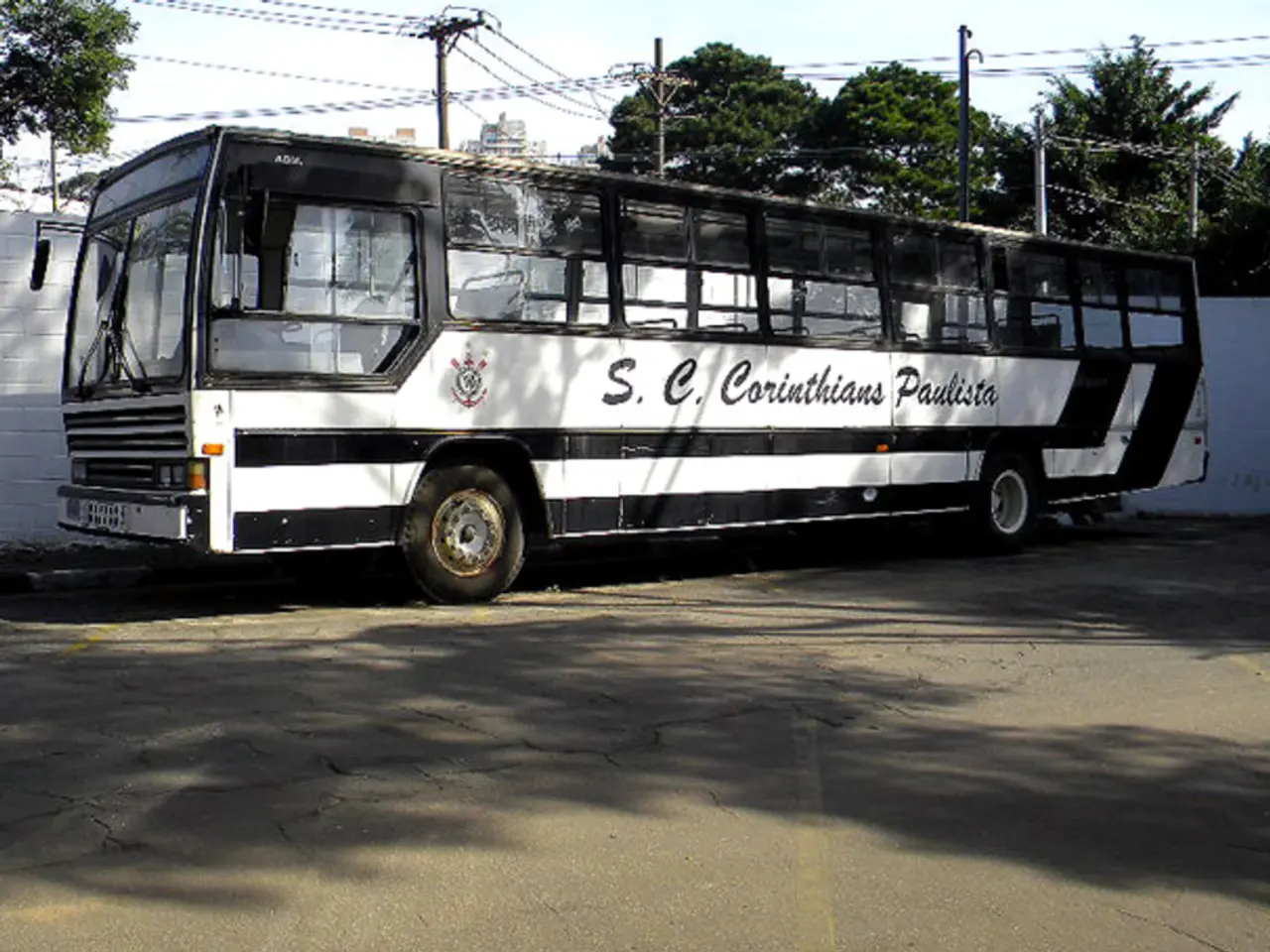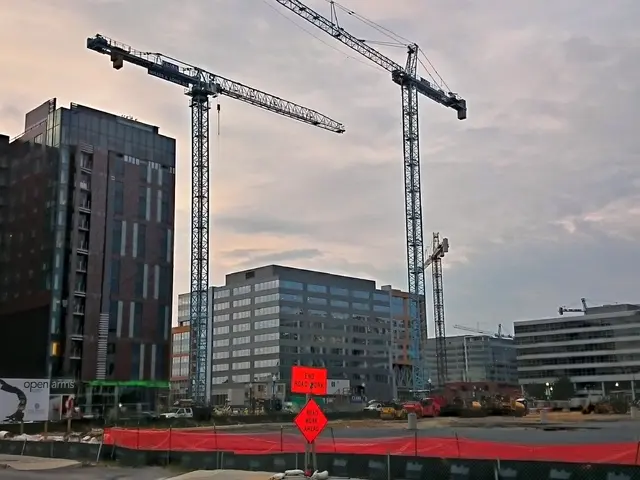Struggling pace of clean mobility in Latin America highlighted
In the bustling cities of Latin America, the transformation of public transportation systems is a pressing issue. The inefficiency, insecurity, and control by powerful groups have made it a formidable challenge (1). This challenge is further compounded by the rapid urbanization and the growing demand for private vehicles, with the average private car ownership in Latin America reaching over 250 cars per 1000 inhabitants in recent years (2).
The continent's dependence on fossil fuels is significant, and a transformation in the transport sector could have a real impact if it goes hand in hand with the transformation of the electricity sector at the national level (3). However, the main hurdle for developing a sustainable transportation concept in many Latin American countries is the disconnect between national and municipal policies on transportation and energy policy (4).
The urban boom in Latin America has its roots in significant improvements in economic conditions for many Latin Americans, caused by a steady increase in exports and prices of natural resources (5). This economic growth has led to an increase in population living in cities, resulting in urban chaos in many cities (6). In fact, the three most congested cities in the world today are Bogota, Rio de Janeiro, and Mexico City, all in Latin America (7).
The growing demand for electric vehicles in selected countries (Mexico, Colombia, Costa Rica) was responsible for a 90% demand increase across the whole continent in 2018 (8). National governments have put in place serious policy incentives for electric vehicles in a few countries (9), but the urban chaos and the disconnect between national and municipal policies pose significant challenges (4).
Improved cooperation between municipal and national governments is essential to address these challenges. Such collaboration could promote sustainable transport policies by integrating local needs and expertise with national strategies, enabling more coherent, context-sensitive, and effective solutions for urban mobility and energy use (10). This collaboration enhances resource sharing, policy consistency, and inclusive planning processes essential for sustainable transportation development in the region (11).
On a positive note, some cities across the continent, such as some in Brazil, Colombia, Mexico, Guatemala, and Chile, have begun building bus rapid transit systems (BRT) (12). These systems, which combine the speed of a bus with the capacity of a train, offer a promising solution to the urban mobility challenges in Latin America.
Public transport systems in Latin America have a history of being privately owned by criminal gangs (13), but the shift towards sustainable and efficient transportation systems provides an opportunity to break this cycle and create a safer, cleaner, and more efficient urban environment. The road ahead is not easy, but with the right policies and cooperation, Latin America can lead the way in sustainable transportation development.








